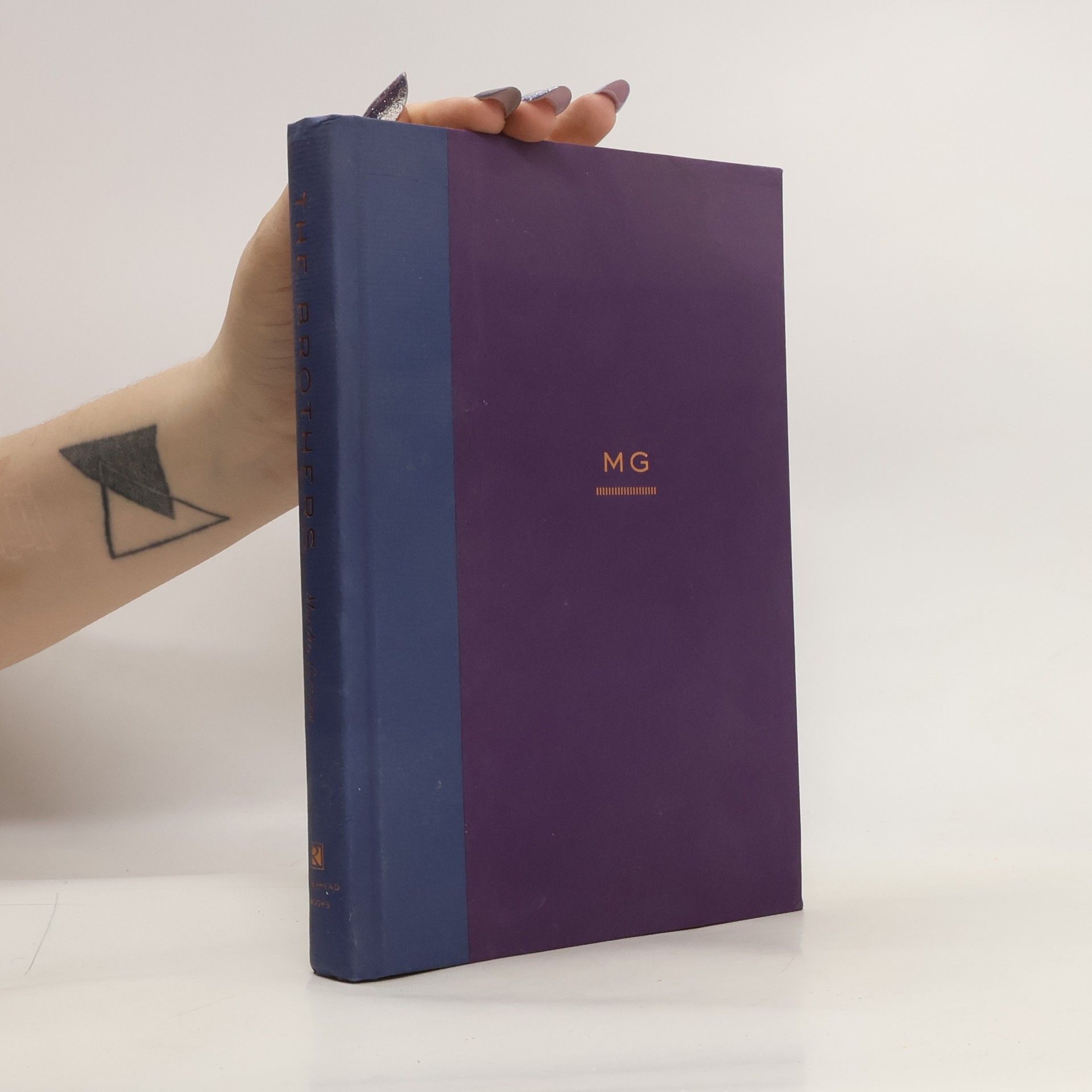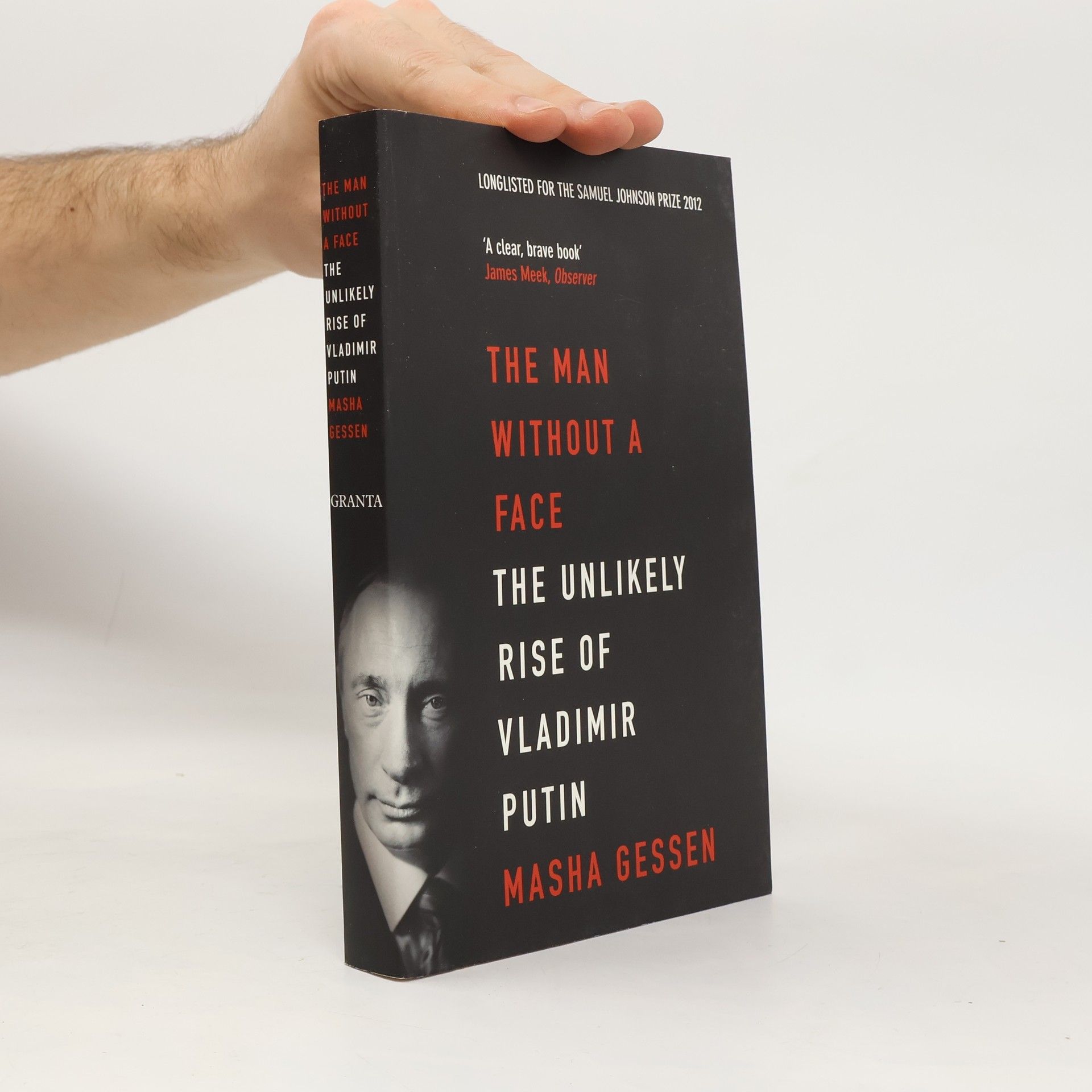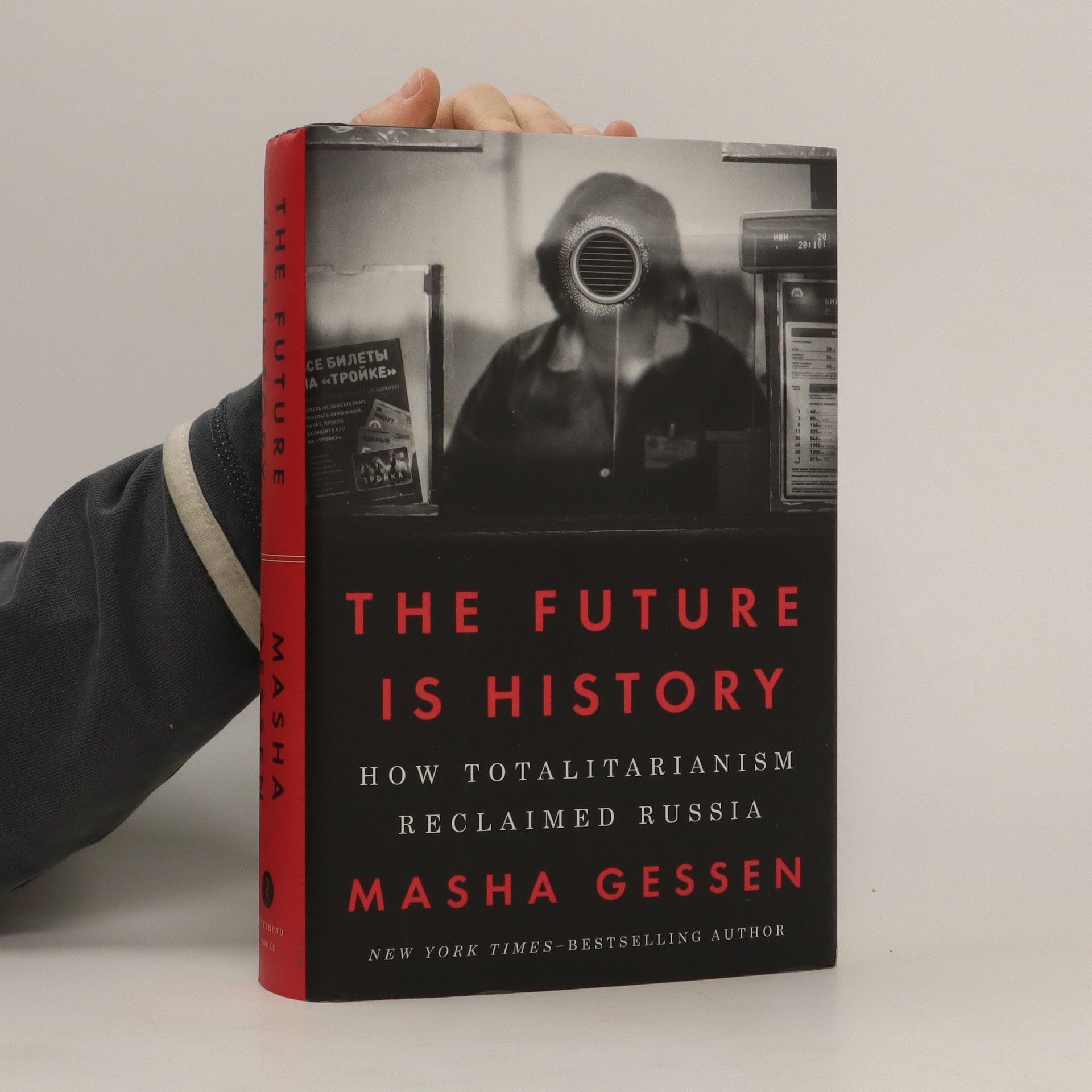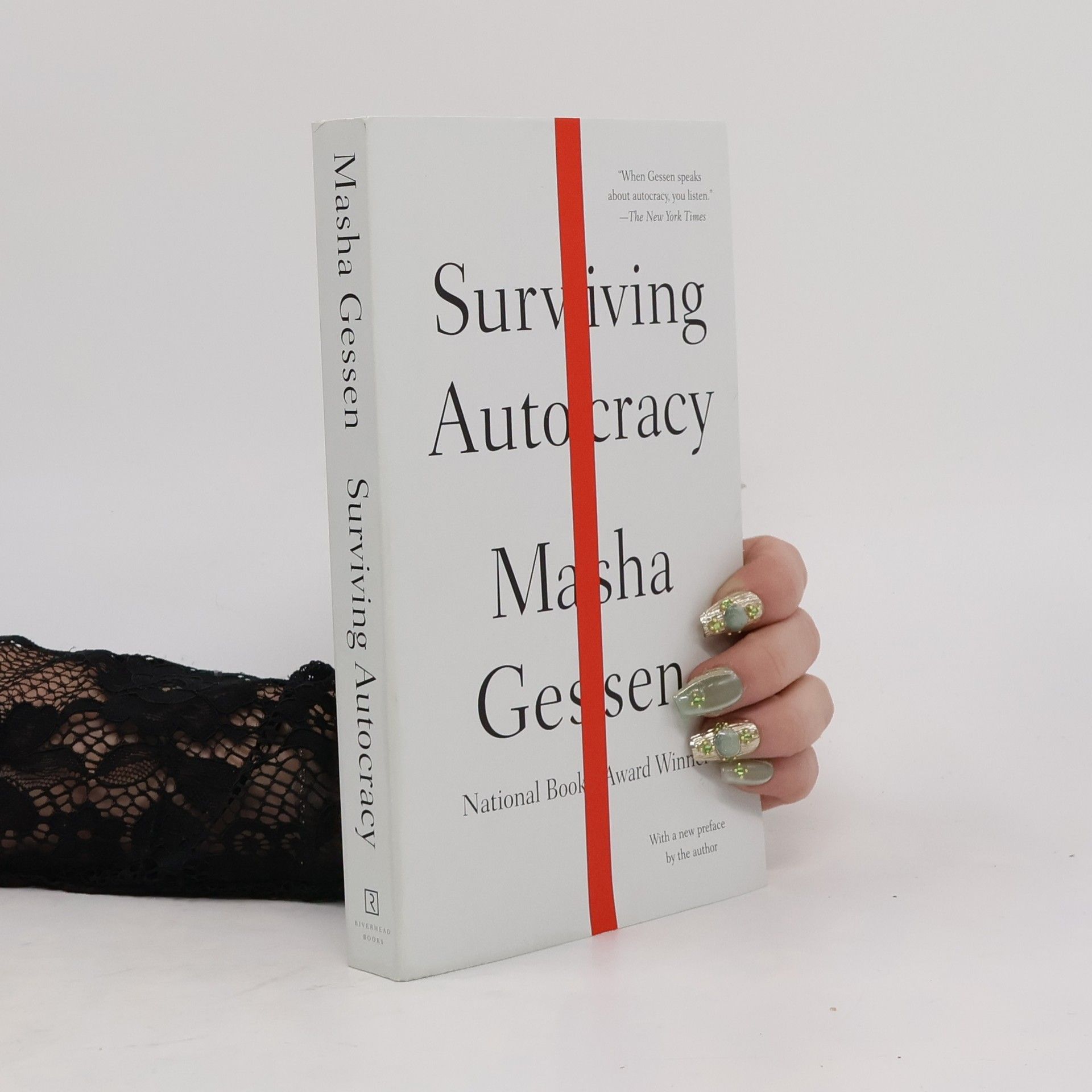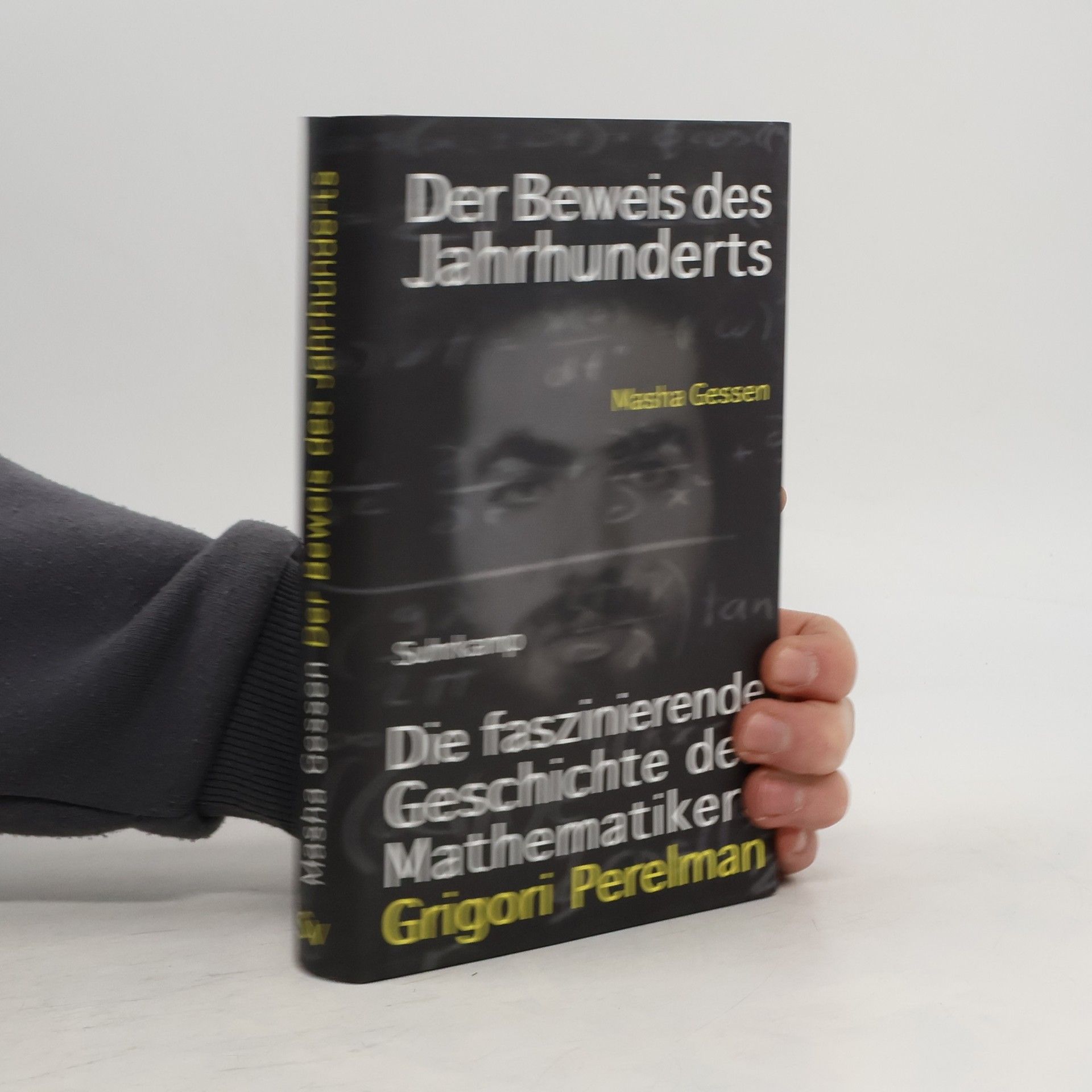Surviving Autocracy
- 304 pages
- 11 hours of reading
“When Gessen speaks about autocracy, you listen.” —The New York Times “A reckoning with what has been lost in the past few years and a map forward with our beliefs intact.” —Interview As seen on MSNBC’s Morning Joe and heard on NPR’s All Things Considered: the bestselling, National Book Award–winning journalist offers an essential guide to understanding, resisting, and recovering from the ravages of our tumultuous times. This incisive book provides an essential guide to understanding and recovering from the calamitous corrosion of American democracy over the past few years. Thanks to the special perspective that is the legacy of a Soviet childhood and two decades covering the resurgence of totalitarianism in Russia, Masha Gessen has a sixth sense for the manifestations of autocracy—and the unique cross-cultural fluency to delineate their emergence to Americans. Gessen not only anatomizes the corrosion of the institutions and cultural norms we hoped would save us but also tells us the story of how a short few years changed us from a people who saw ourselves as a nation of immigrants to a populace haggling over a border wall, heirs to a degraded sense of truth, meaning, and possibility. Surviving Autocracy is an inventory of ravages and a call to account but also a beacon to recovery—and to the hope of what comes next.

